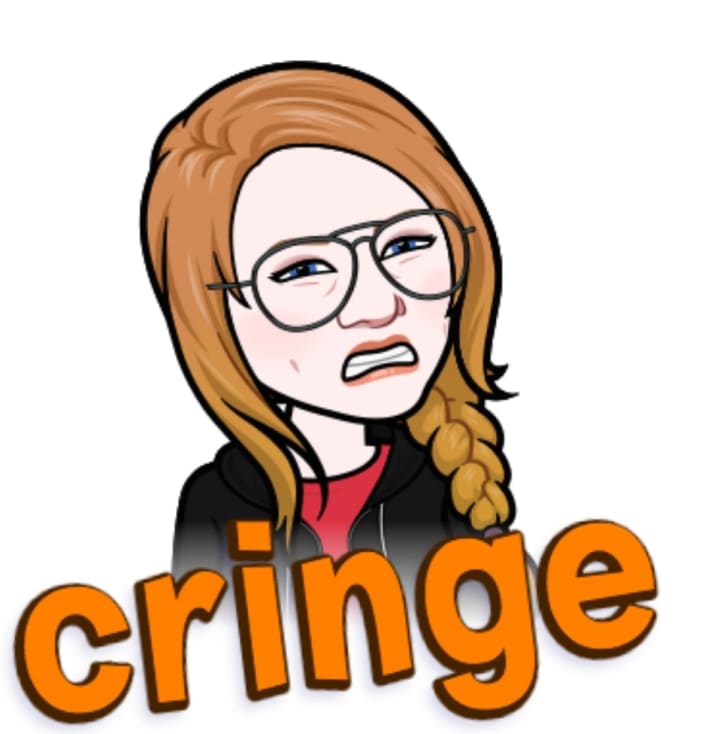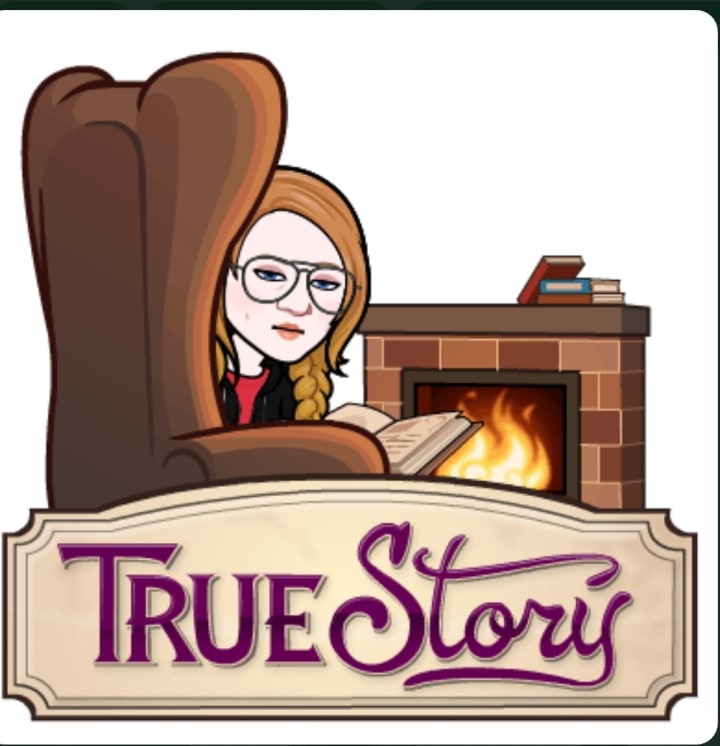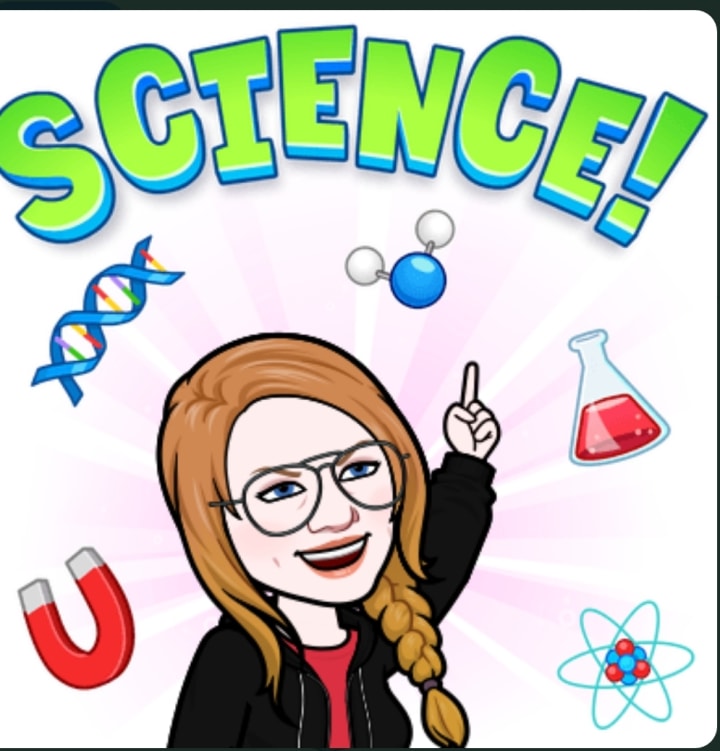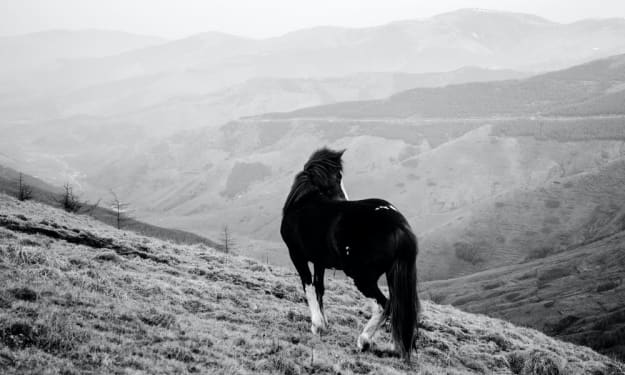Don't Tell Writers "Tell a Good Story"
A personal observation from a teacher.

“If everyone could write a good story, then we would have nothing but good stories.”
This is the most obvious statement in the world. Unless you’re a Dada-ist, or in modern parlance a “shitposter", you are more than likely making an effort to appeal to some sort of audience. Yet we all know there are plenty of piss-poor works of fiction in the world. You can probably name at least one novel you hate. One popular author you consider over-rated. Hemmingway.

Nevertheless, you are also aware that there are probably many people who would disagree with you. In fact, if I asked every person in the world what a “good" story is, I'd have 7 billion+ answers. And then I'd have differing opinions on how many of those are “right" or “wrong".
There are people who exclude entire genres. There are people who think all romance is trite wish fulfillment. There are those who scorn both fantasy and sci-fi as the bastion of basement dwelling troglodytes. Those that find literary fiction boring and elitist. Horror is often seen as cheap pulp appealing to the lowest common denominator. (I have written in all these genres.)
There are people appalled by short stories. A good writer can commit to more than 2,000 words! Others that feel like no story needs more than 50,000 words. Get to the point, man! People leave one-star reviews on seminal authors and works. “Shakespeare is a hack.” “’Night' by Wiesel is poorly written.”
Yet I have seen authors give “tell a good story” as earnest advice.

I don’t think that these authors are poor writers who have no idea what they’re doing. In fact, I think the opposite. I think they’re naturally gifted and have never had to break down what goes into story telling. So, when asked how to write they respond as if asked how to breathe. They just do it every day and never think about the tug and pull of the diaphragm during the inhale and exhale.
“Those who can’t do, teach.” Is an old adage meant to heckle teachers, but there is a glimmer of truth. If you’re naturally gifted at something you’re often unable to describe the process because, like breathing, you never consider the smaller steps your brain naturally leaps over.
I am a teacher myself. My education is geared towards science instruction though I am currently teaching reading comprehension. This is not what I necessarily wanted, but you can’t complain about the first job you get out of school before you get your necessary licensing.
I didn’t want to teach reading because I am a natural reader. I had to learn how to teach reading. I had to learn about dissecting readings into main ideas and supporting ideas. I had to learn to look for topic sentences. I could always tell you the author's intention, but before I wouldn’t have been able to articulate how I came to my conclusion. I just knew it from reading.
I prefer to teach science because while I am very good at logic, I don’t understand every part of it. It hits that middle ground of where I intuitively knew some of it, some of it I had to learn. I can do Punett squares all day and qualify their statistical outcomes, but I struggle with balancing equations in relation to organic chemistry. I know how to break things down in science because I had to do this at some points to understand it.

We all want to tell good stories. So, I will now share three pieces of advice that I think can apply to every genre. These are the backbones of good stories.
1. Write compelling characters. This means characters with flaws. Characters with needs. Characters that grow and develop. They do not need to be likable. The reader can actively root against them. They need to be interesting however. This includes doing your due diligence when writing outside your perspective. Straight, unaware stereotypes are not interesting.

2. Create stakes. Do not introduce conflict that you, as the author, are not interested in resolving. This will only lead to hand-waving and lazy resolutions. If you don’t care, why should readers? If you want your story to be a simplistic wish- fulfillment, own it.
2a. If writing speculative fiction, give yourself rules to work with. Your setting can be as fantastical as you want but if anything, and everything can happen, there will be no tension in your story. Give your magic conditions under which it does or doesn’t work. Technology should not be magic but a logical continuation of science as we currently understand it. If it’s so advanced it might as well be magic, treat it like magic then with reasonable rules.
3. Read a lot. Write a lot. Read outside your comfort zone. Read inside it. Write experimental things. Write things just for yourself.
I don’t hold a MFA, again, my background is biology, I’m just a hobbyist. I have however been around for a while and I have asked myself what I want from my art. I know I want to write good stories. I have to know what a good story is.
Don’t tell people to “tell a good story", think about why your story is good.

About the Creator
E.L. Buchanan
E.L. Buchanan is a southern California native and Cal Poly Pomona alum. She is a mother to six cats and one daughter. She enjoys gardening and murder documentaries. Follow her on facebook @e.l.buchananauthor.






Comments
There are no comments for this story
Be the first to respond and start the conversation.